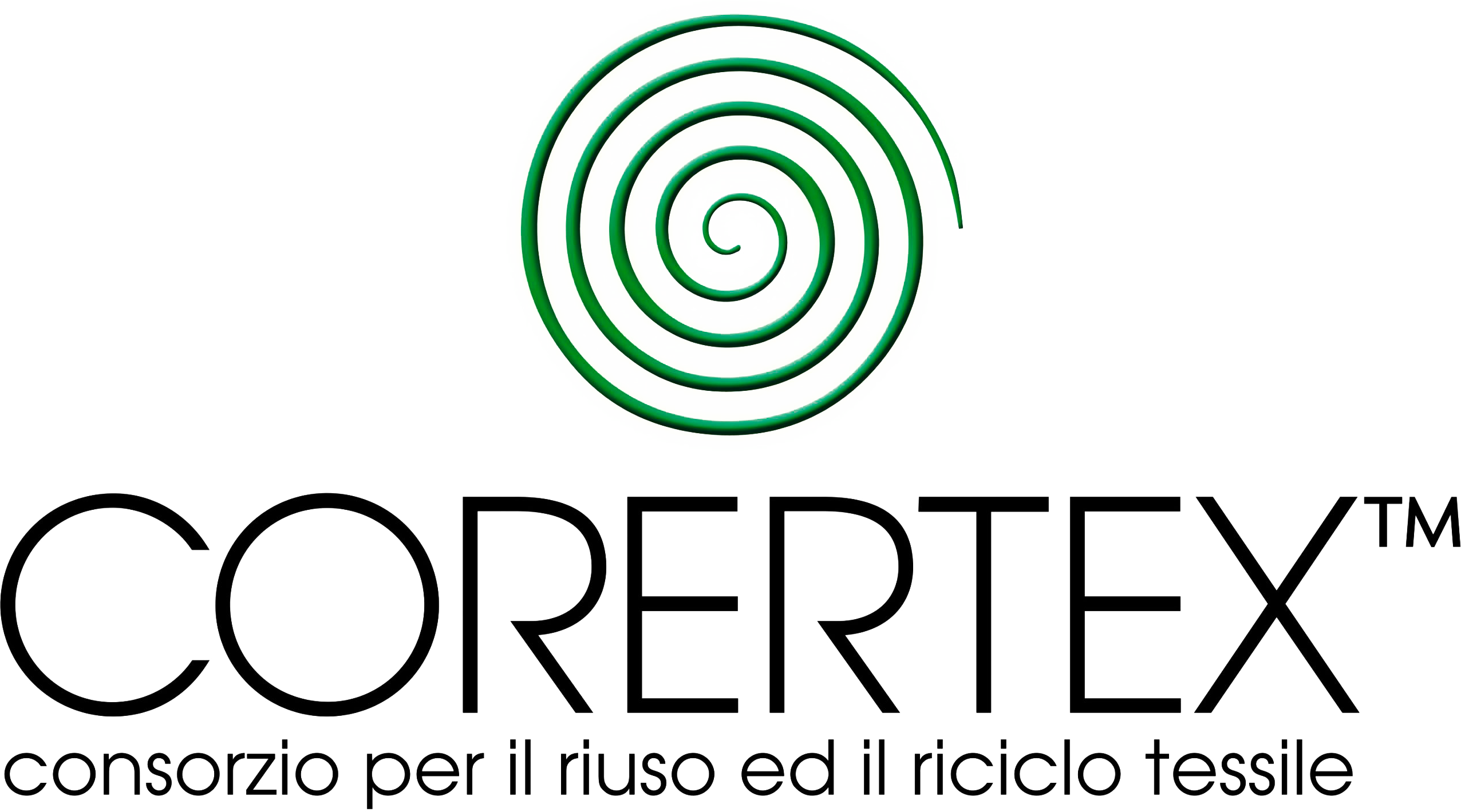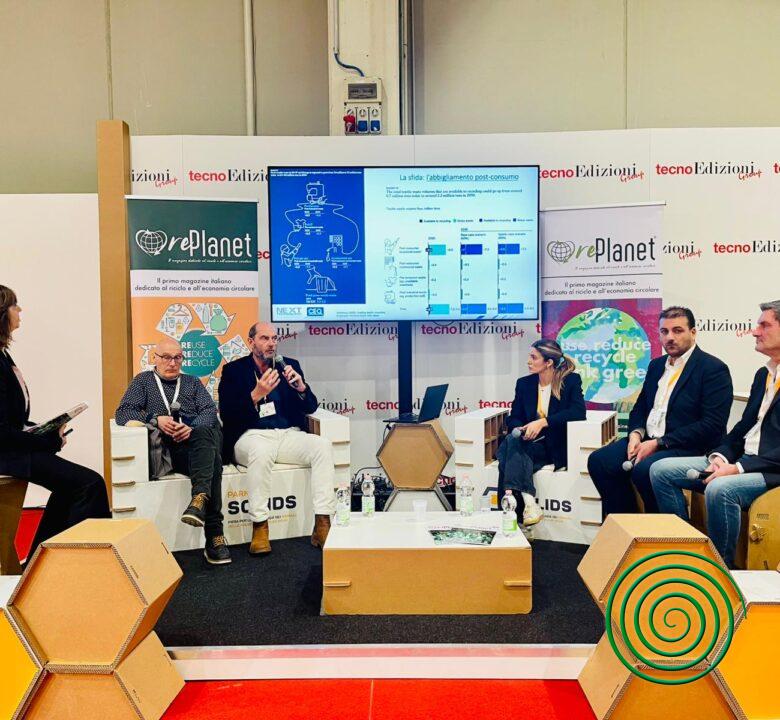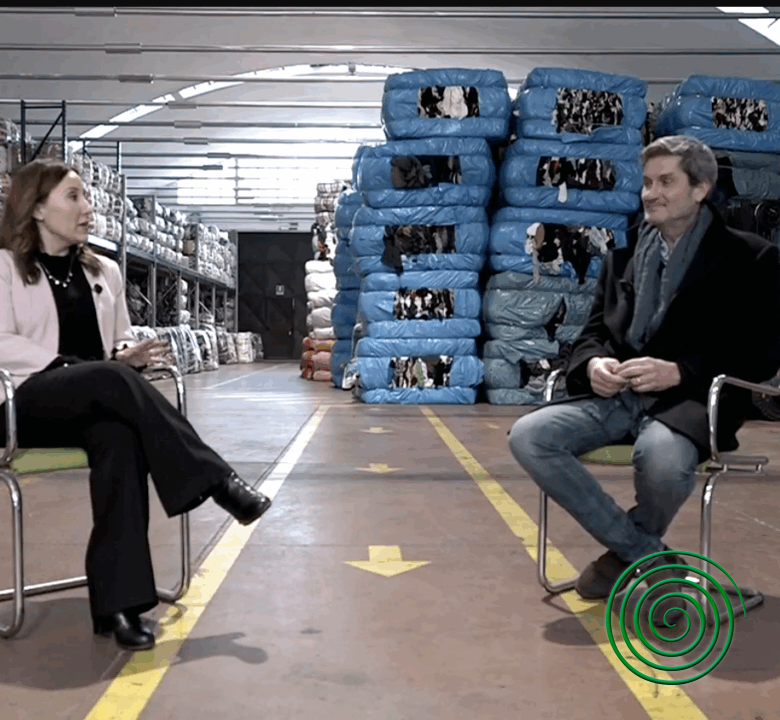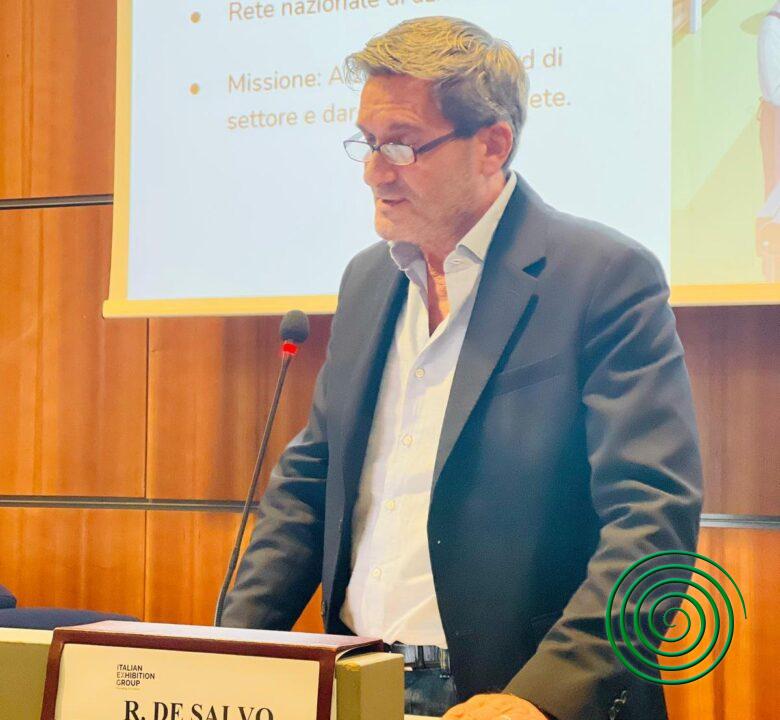
The Corertex Consortium Approves the Financial Statements and Looks to the Future: “Increasing Membership and Extra-Regional Vision. We Are Ready for the Upcoming Challenges in Textiles”
June 13, 2024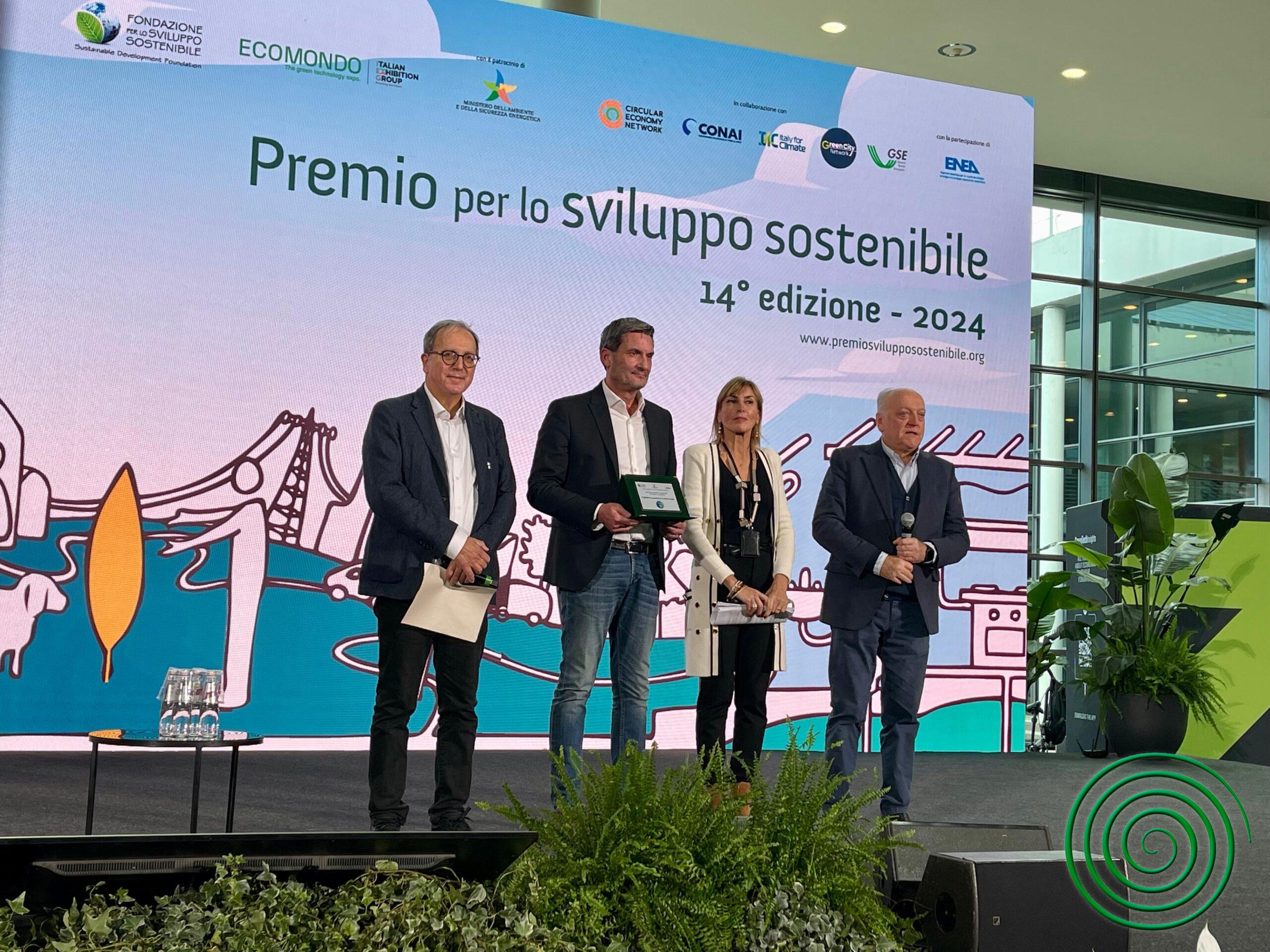
Best Circular Economy Companies Award: Corertex Consortium Honored at Ecomondo
November 8, 2024
A Constructive Dialogue to Prevent Limitations and Safeguard the Future of the Prato District
The Corertex Consortium and Astri participated in a meeting with the Ministry of the Environment to discuss the EPR (Extended Producer Responsibility) decree for textile waste. The meeting took place at the MASE offices in Rome, with Luca Proietti, Director General of the Circular Economy Section, in attendance. The meeting, promoted by Honorable Chiara La Porta of Fratelli d’Italia, was attended by Raffaello De Salvo and Fabio Marseo, President and Vice President of Corertex, along with Sauro Guerri, Vice President of Astri.
During the meeting, Corertex presented a detailed document, outlining the characteristics of the Prato district in terms of reuse and recycling, including data on employment and activities in the textile circular economy. The consortium emphasized the importance of avoiding European decisions that could disadvantage the district. They advocated for improving the current system rather than implementing drastic changes that could increase costs and threaten job stability.
“We found the meeting very productive,” said representatives from Corertex and Astri. “The ministry provided us with a document with twelve EPR points, and we will work on these to offer suggestions and highlight any issues. We thank the ministry for listening and hope this collaboration will yield concrete results for the district.”
Used Clothing Exports and Protecting Collective Interests
Corertex and Astri also expressed concerns about potential European Union restrictions on the export of used clothing to Africa. “Placing restrictions on this trade would harm not only the textile sector but also Africa,” stated De Salvo. “In many African countries, purchasing used clothing is a way to access quality garments at affordable prices. Reducing this market would lower reuse rates in Europe and deprive Africa of a significant social resource. The issue of illegal dumps needs to be addressed through infrastructure improvements, regardless of whether the items are new or used.”
An Inclusive, Community-Oriented Consortium Model
The final topic discussed was the future EPR consortia. Corertex suggested a management model inspired by the WEEE (Waste Electrical and Electronic Equipment) system, emphasizing the importance of inclusive governance and stakeholder representation to prioritize collective interests. “It will be essential to have governance that includes various voices from the supply chain, ensuring an exchange of information that supports the sustainability and efficiency of the EPR system. We appreciate the ministry’s engagement and thank Honorable La Porta for this opportunity for dialogue.”
Chiara La Porta highlighted the importance of dialogue: “The EPR is a crucial issue for the actors in our region. My role is to ensure that voices from the district are heard and can contribute to balanced regulatory development. I will continue to engage with the ministry and local representatives to ensure Prato is always well represented.”
Credits:
Economy – Local editions: Prato

